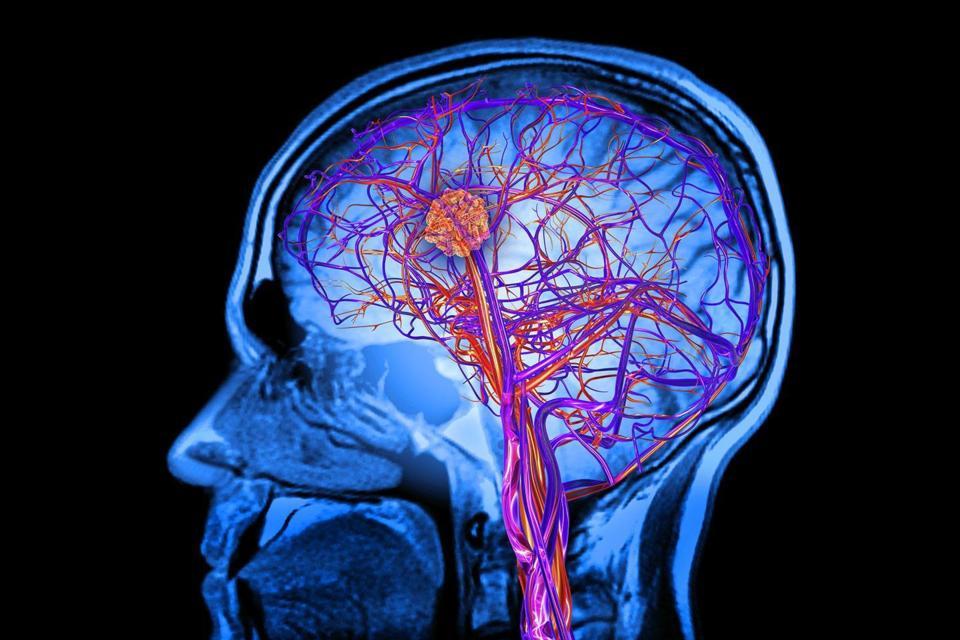Introverts and highly sensitive people are often seen as one and the same. In reality, though, they have some fairly important differences.
While there is definitely a lot of overlap…It’s entirely possible to be a highly sensitive person…but also be extraverted. It’s equally possible to be introverted, but not identify as being a highly sensitive person.
What Defines Sensory Processing Sensitivity (a trait in Highly Sensitive People)?
Sensory processing sensitivity is a genetic trait found in about 20 percent of hundreds of different species. You can often identify them, externally, based on their behavior:
- They tend startle easily.
- They take longer to make decisions and act.
- They are highly responsive to their environment.
Those who identify as being highly sensitive also report (subjectively) that:
- They seem to read social signals more accurately than most.
- They don’t like loud, highly stimulating environments.
- They react dramatically to positive and negative stimuli (a picture of a smile from their beloved incites joy, a picture of a person in pain elicits a highly negative response)
- They struggle with conflict.
- They respond more dramatically to low blood sugar (they get hangry)
- They think deeply about decisions before making a call.
Brain scans of those who have this trait support their narratives. Highly sensitive people show an increase in brain activity in sections of the brain associated with empathy, awareness and self-other processing…more than those who don’t identify as being highly sensitive.
In other words…high sensitivity is marked by the way the brain responds to stimuli. HSP experience a wider spectrum of emotions, and those emotions are triggered by more subtle events than that which might be true of non-HSP.
How is This Different from Introversion?
Introversion is a trait marked by arousal. Everyone has an individual “sweet spot” for arousal. You know you have reached yours when you’re pleasantly awake. Interested. Engaged. When we are under-aroused, we are bored. At its worst, it can look like depression. When we are over-aroused, we are stressed. At its worst, it can look like a panic attack.
An introvert reaches an optimum level of arousal sooner than an extrovert. Quite simply, it takes less excitement to engage an introvert.
This is why the external markers of an introvert include:
- A tendency to spend more time alone than in groups.
- A tendency to turn down more offers of social groups/gatherings.
- A seeming preference for spending time alone, engaging in quiet activities.
And why introverts often report:
- Feeling overwhelmed by loud social situations.
- A dislike of social networking events that require large amounts of social interaction.
- A preference to engage in social interaction that includes fewer people…and engaging in conversations that go into more depth.
- Less appreciation for high-risk activities
Much as with HSP, the brain scans of introverts support their subjective reporting and experiences. Introverts have more gray matter (which is correlated with more processing and reflection). They also have a lower dopamine threshold (which explains why they need less excitement to feel charged up and engaged).
What do They Have in Common?
Introverts and highly sensitive people certainly have a number of things in common. They both tend to need more alone time to recharge than do those who are extroverted and/or non-HSP. It’s for that reason that they are easily confused with one another.
How are They Different?
What marks a highly sensitive person is his/her emotional response to stimulus. Not their dopamine response. In other words, introverts recharge better by having time alone because their dopamine responders are more sensitive. It doesn’t necessarily mean they will be more empathetic or have more self-other reflection.
Highly sensitive people have more self-other reflection and empathy…but that doesn’t necessarily mean they will have more sensitive dopamine receptors.
How Much Overlap is There?
About 70 percent of highly sensitive people are introverts. The other 30 percent are extroverts…though they may claim to need a bit more alone time and quiet time to recharge than might their less sensitive extroverted friends.
Conclusion:
Labels, as a rule, should be viewed suspiciously. Whether a person identifies as introverted and extroverted may have as much to do with their circumstances as it does with their actual makeup (for example, a person who needs to do a lot of socializing at work may think they are introverted because they never want to socialize once they are home. That same person, upon getting a job as a librarian, may discover they crave social interaction). In the same way, high sensitivity is a trait, but the intensity with which they respond to any given stimulus may dull over time with enough exposure.
Having said all that, however, most of us do seem to have an underlying constitution…or maybe a predisposition…toward a given set of behaviors. Understanding those patterns better can be tremendously helpful when trying to figure out how to craft one’s routines and lifestyle.

